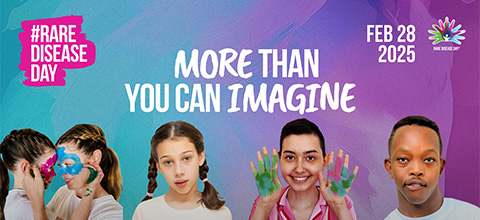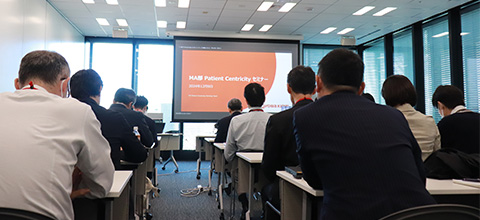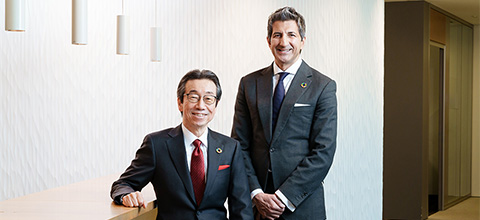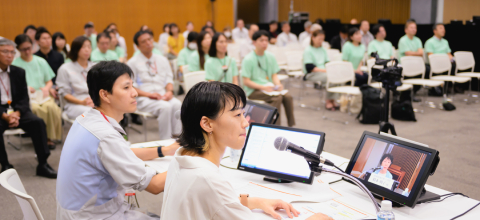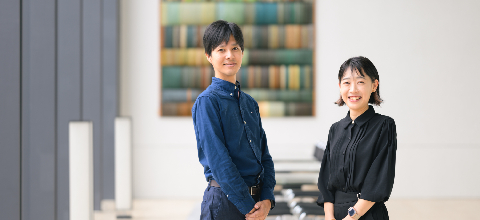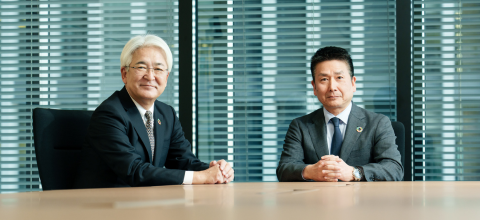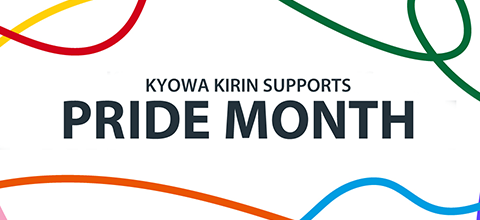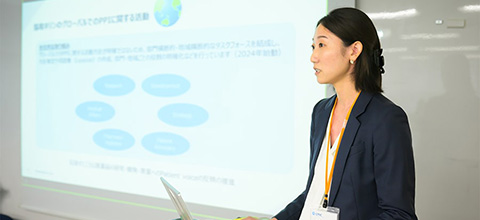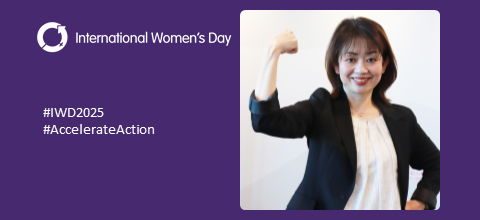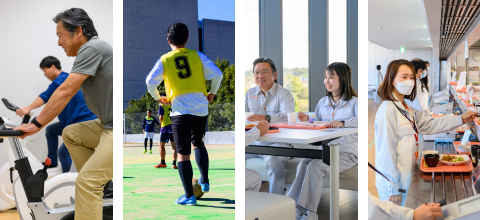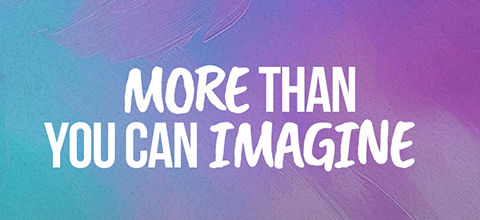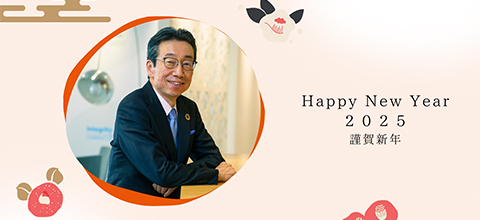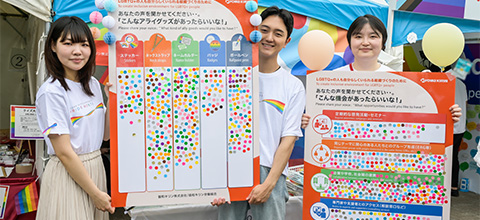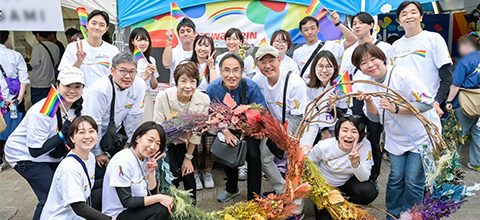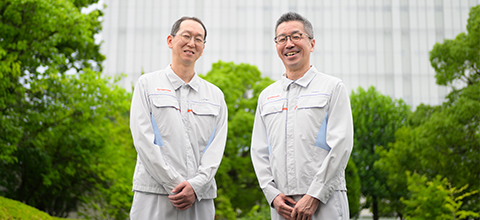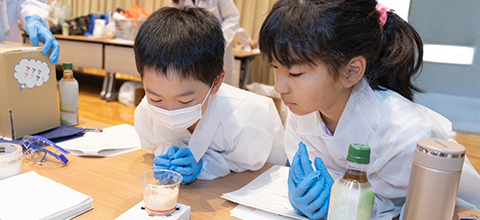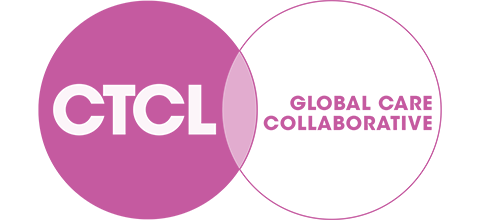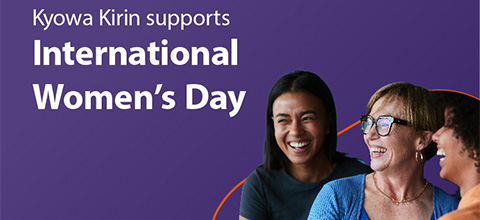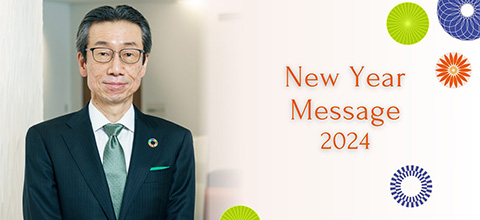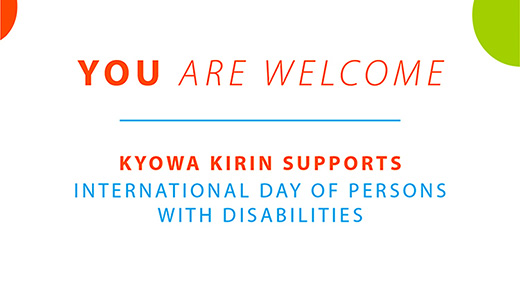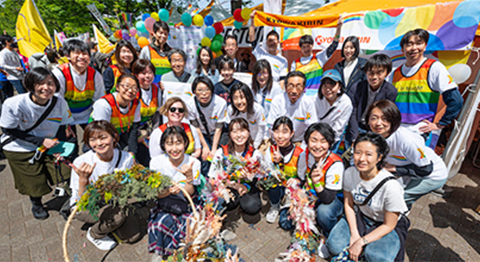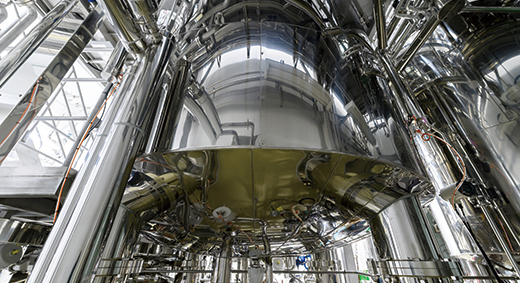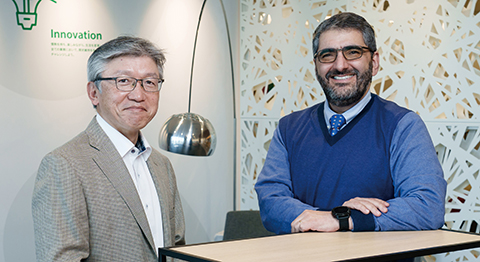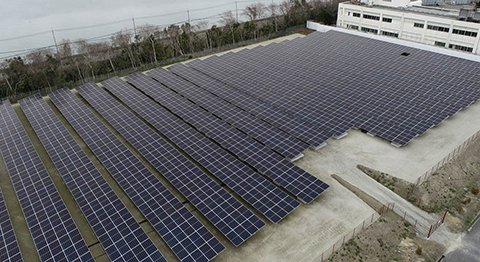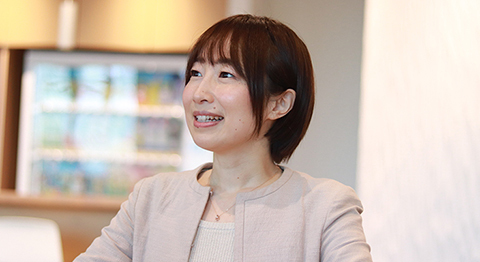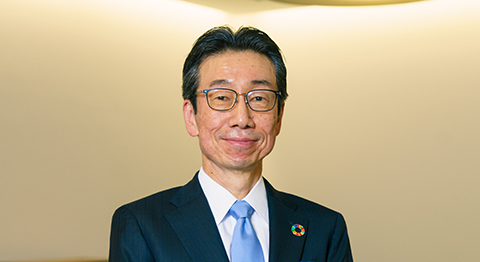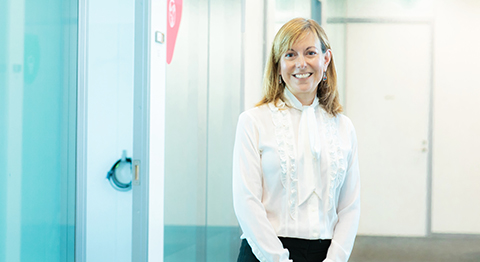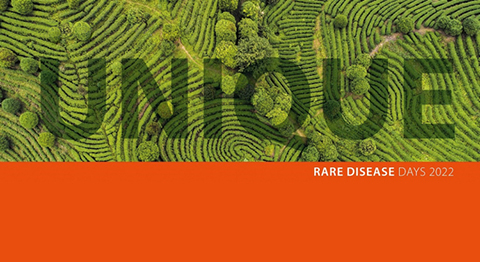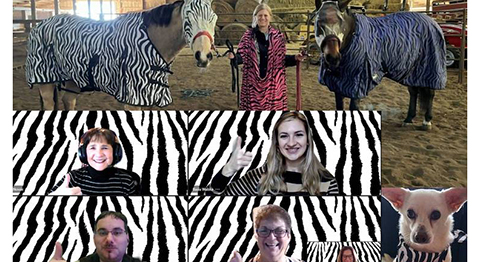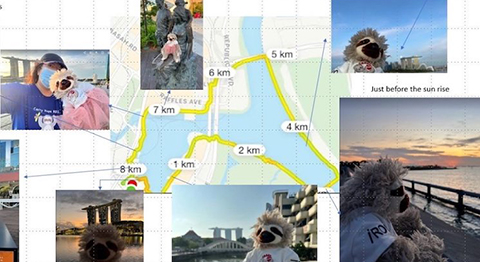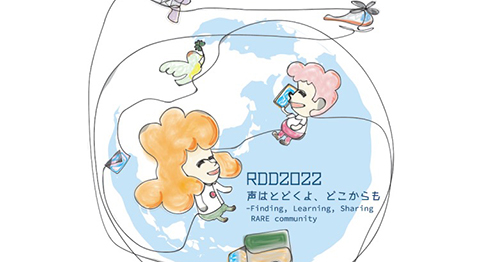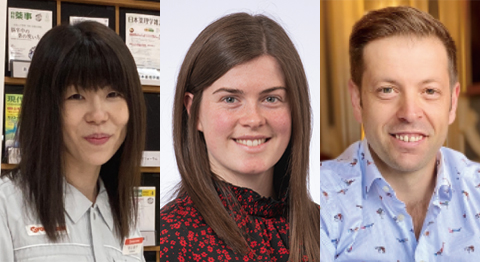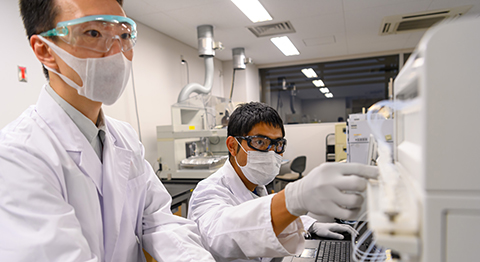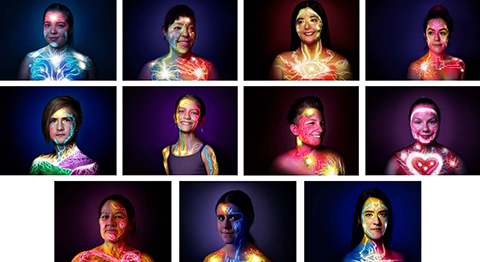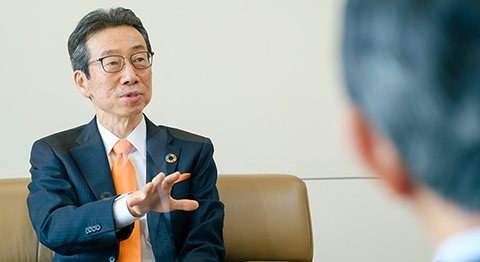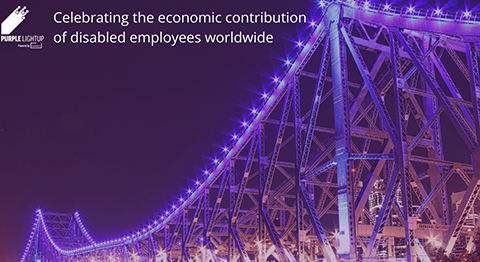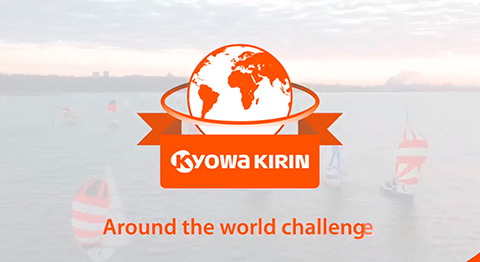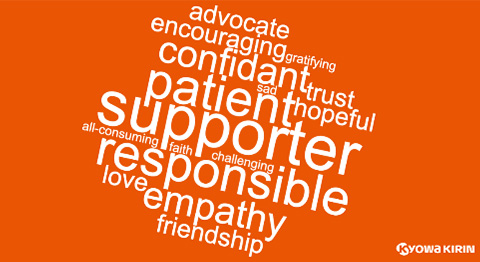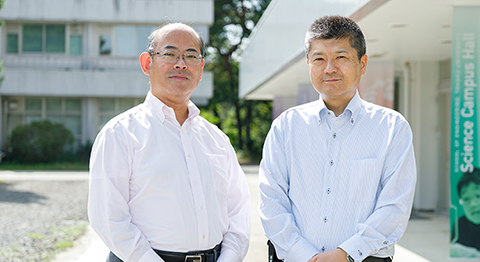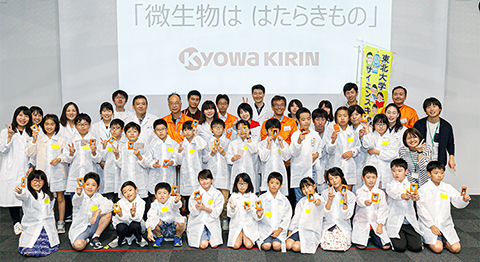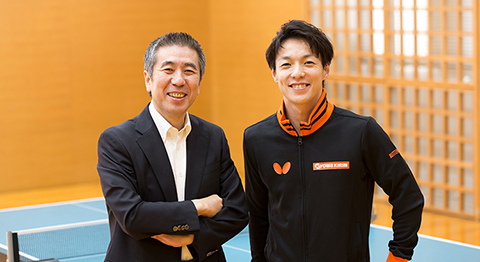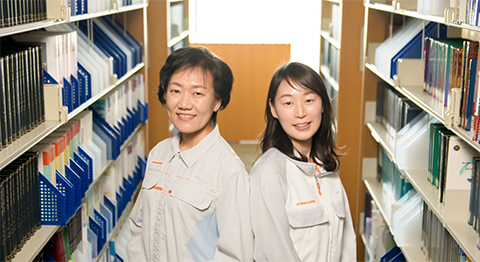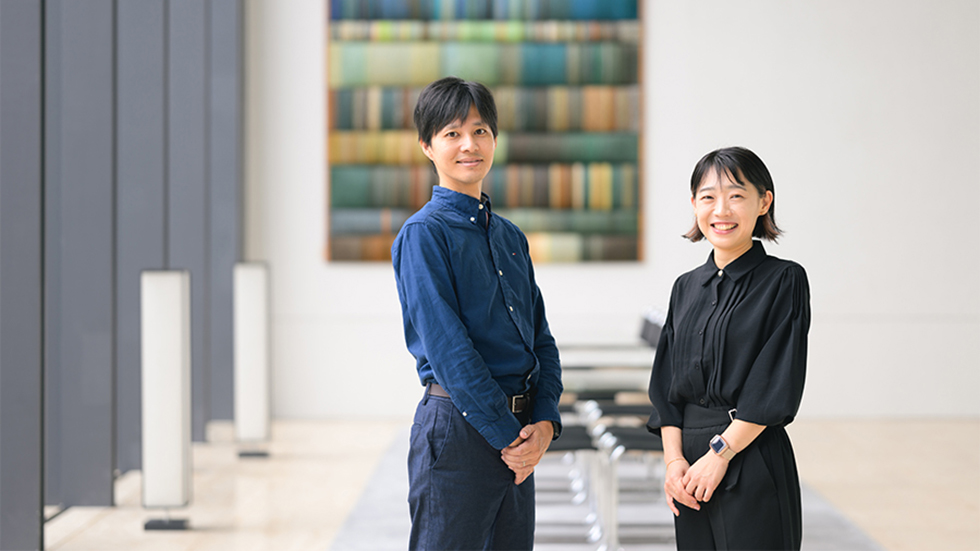
Index
Establishing a system that listens to patients' voices and sharing the experience across the company
The Healthcare Café is an initiative designed to understand the genuine needs of individuals facing illness by engaging in dialogue with patients and their families and incorporating the feedback into drug development. The initiative began in 2022 in collaboration between Kyowa Kirin, Takeda Pharmaceutical, and Daiichi Sankyo.
The theme of the seventh Healthcare Café, held from July to September 2024, was hematopoietic stem cell transplantation (HSCT). In the first part of this report, we provided an introduction to the event. In the second, Keigo Nishii and Yumi Sakaida, who were responsible for planning and managing the event, share their reflections on the experience.
Profile (as of January 2025)
Keigo Nishii
Senior Research Scientist, Innovation Center, Research Division, Kyowa Kirin Co., Ltd.
Born in Hyogo Prefecture, he began his career at a different Japanese pharmaceutical company before joining Kyowa Kirin in 2020. Currently, he primarily engages in pharmacological research and project leadership at the Tokyo Research Park. In recent years, he has focused on developing research strategies in key areas.
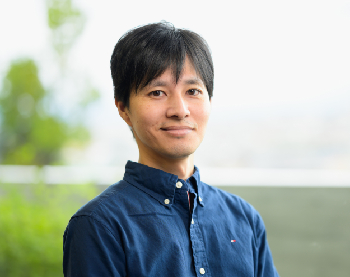
Yumi Sakaida
Research Promoting G, Fuji Research Park, Research Planning Department, Research Division / Pharmacokinetics Research 2G, Translational Pharmacokinetic Research Laboratories, Bio-Pharmaceutical Center, Kyowa Kirin Co., Ltd.
Born in Iwate Prefecture, she joined Kyowa Kirin in 2010 and has been engaged in pharmacokinetic research on drug candidates at all stages, from early discovery to clinical development, at Fuji Research Park.
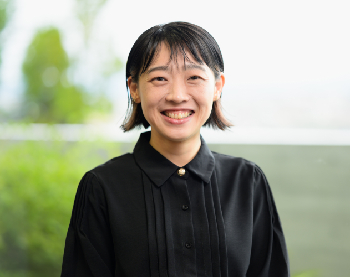
Aiming to conduct research with the patient's perspective in mind, they volunteered to be in charge of planning
─ I heard that you two volunteered to be in charge of planning.
Keigo Nishii (hereinafter Nishii) That’s right. Researchers like us concentrate on the experiments and tasks at hand, which can make it challenging to understand the practical applications of our research. I recognized this challenge and saw it as a valuable opportunity to include the patient's perspective in my work, so I decided to volunteer.
Yumi Sakaida (hereinafter Sakaida) During the fourth Healthcare Café, I had the opportunity to visit patients' homes and learn about their lives. This experience completely changed my perspective. Except, I found it challenging to incorporate patients' opinions into research based on just one visit. I recognized the importance of maintaining a close connection with patients, so I wanted to take part when the opportunity presented itself.
The hidden side effects of transplants - a complex challenge that pharmaceutical companies have struggled to fully understand
─ Why did you choose HSCT as the theme?
Nishii Hematology is a focusing area for Kyowa Kirin. We’re researching medicines for various blood cells, and this time, we decided to focus on hematopoietic stem cells, which are the source of blood.
HSCT is a well-established and effective treatment that’s considered the only permanent cure for various blood diseases, but I always wondered whether transplantation truly addresses all the challenges involved and whether we fully understand the experiences of both patients and donors. This curiosity led us to provide a platform dedicated to listening to the stories of patients and donors.
The main goal of the Healthcare Café is to develop new medicines through meaningful conversations with patients and their families or to create value that benefits patients and their families beyond medicine. This event served as a catalyst for achieving these goals.
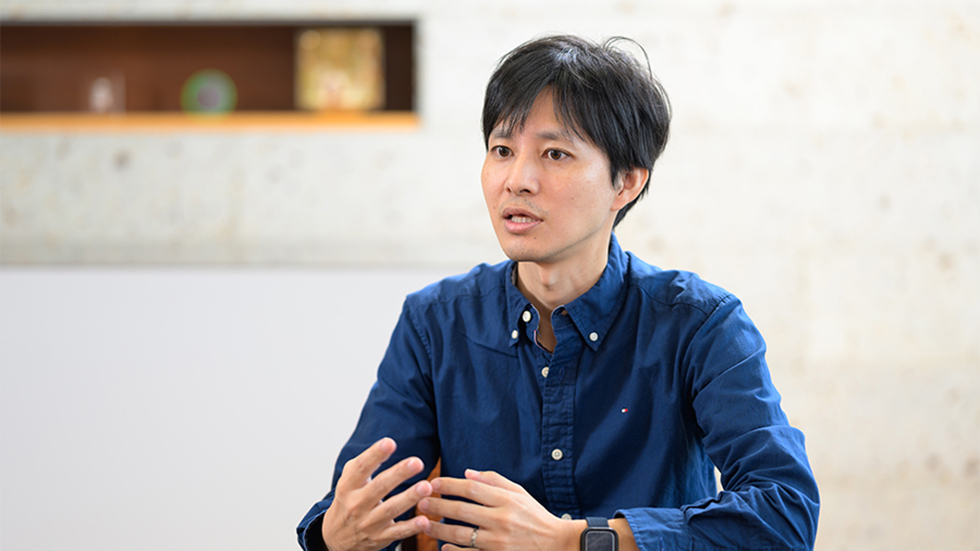
─ Did you learn anything new through the Healthcare Café?
Nishii HSCT is known to have various side effects, and there are treatments available for these issues, but this Healthcare Café made me aware of the hidden side effects that patients often experience. For example, while mental support is crucial for coping with the physical changes that accompany transplants, the social support system is often lacking.
Sakaida I think the media has a tendency to portray patients as “fully cured after transplant and completely healthy.” Yet, when you listen to the stories of the people involved, this isn’t always the case. In reality, some patients experienced complications such as graft-versus-host disease (GVHD) after HSCT, which made them feel as though their lives had changed entirely. Listening to their stories reminded me of the challenges that patients face.
Regarding management, I thought holding small roundtable discussions before the Healthcare Café event was a good decision. Each group consisted of one patient and three or four employees, resulting in lively discussions with plenty of topics to cover, which made it challenging to fit everything into the allotted time. By fostering a relationship of trust during these roundtable discussions, we were able to create an atmosphere that encouraged open dialogue on the day of the event.
─ Was that the aim from the beginning?
Sakaida Yes. We took into account the experience from the fourth Healthcare Café, which was also planned and managed by Kyowa Kirin. When we consulted the person in charge at that time, they mentioned that it was easier to gain new insights by asking patients to complete a questionnaire in advance. This allowed us to delve deeper into discussions during the small roundtables based on their responses. So, we incorporated this approach into planning for this event.
When considering how patients feel, it's important to recognize that they may be nervous about visiting a pharmaceutical company and sharing their personal experiences. We began by having a few people introduce themselves, which helped create an environment where one-on-one conversations could unfold. This approach allowed us to truly hear the patients' voices. On the day of the event, participants mentioned that making eye contact with the researcher during the roundtable made them feel more at ease when speaking. This feedback confirmed that our method was effective.
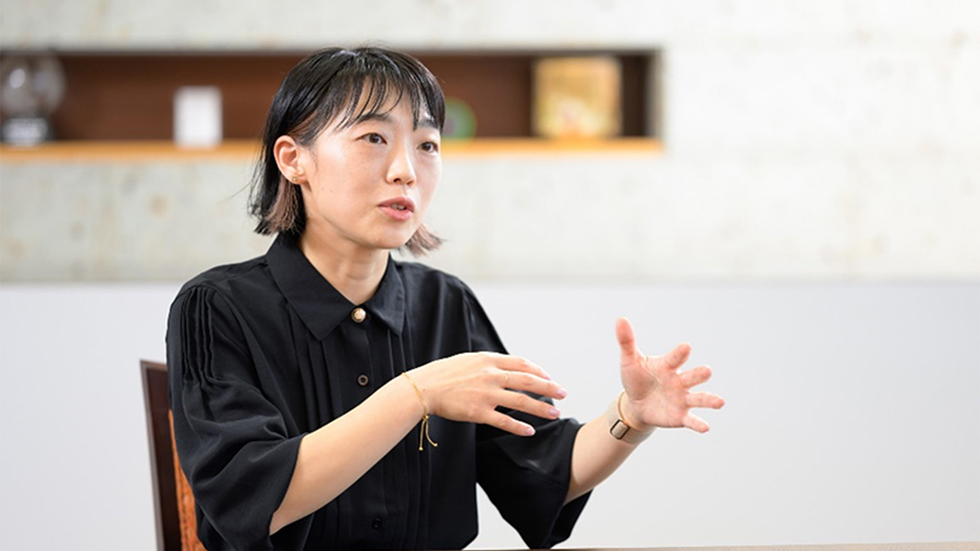
Establishing a system that listens to patients' voices and sharing the experience across the company
─ What did you two gain from planning and managing this event?
Nishii I gained so much. The most significant insight I gained through this project was the reaffirmation of the existence of patients . While researchers often work in environments distant from patients waiting for treatment, I felt a powerful connection with the patients who are the ultimate beneficiaries of our research efforts.
It would be great if the employees who participated were motivated to focus on developing medicines and providing social support. My colleagues said the information was easy to understand. I don't mean this in the sense of grasping complex diseases; instead, they simply “saw” the patients and understood how they felt after undergoing treatment.
Sakaida Many employees attended this event, not just researchers, so we sought to deepen the understanding of blood diseases, which is an important area for our company. Based on everyone's reactions, I think we accomplished that goal. I’m also glad to have learned more about the experiences of patients and to have been able to share those insights with the audience. As Nishii commented that day, it takes courage for patients and donors to share their stories. I’m incredibly grateful to everyone who took the stage.
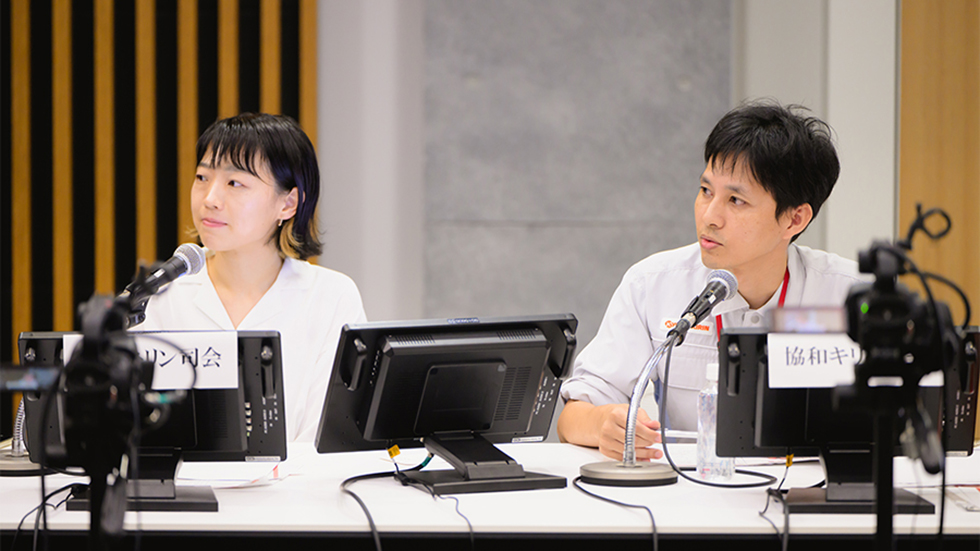
─ How do you hope to use this experience in your future work?
Nishii This time, we concentrated on HSCT, but our company addresses many diseases. I believe employees involved in each area must listen to the patients' voices. I hope we can utilize our experiences to ensure everyone understands that, at the other end of our research, there are patients who benefit from it.
It was encouraging to hear that healthcare professionals recognize the importance of pharmaceutical companies listening to patients. A doctor who presented at the event emphasized that while patients are often identified by their diseases, others must understand their thoughts and feelings during their illnesses. This feedback reinforced our commitment to continue this initiative.
Sakaida I believe it’s essential to continue our efforts. Then again, I realized that undertaking a large event like this multiple times places considerable strain on both the patients and our team. What is the most effective way to understand the needs we aim to address and to truly listen to patients' voices? How can we integrate this understanding into our daily work? Using the knowledge we gained from this experience, our next priority as planners is to create a system that makes it easy for everyone involved to participate. I’d like to leverage this experience to foster an environment where all researchers can listen to patients' perspectives and collaborate on drug discovery from the early stages of exploration.
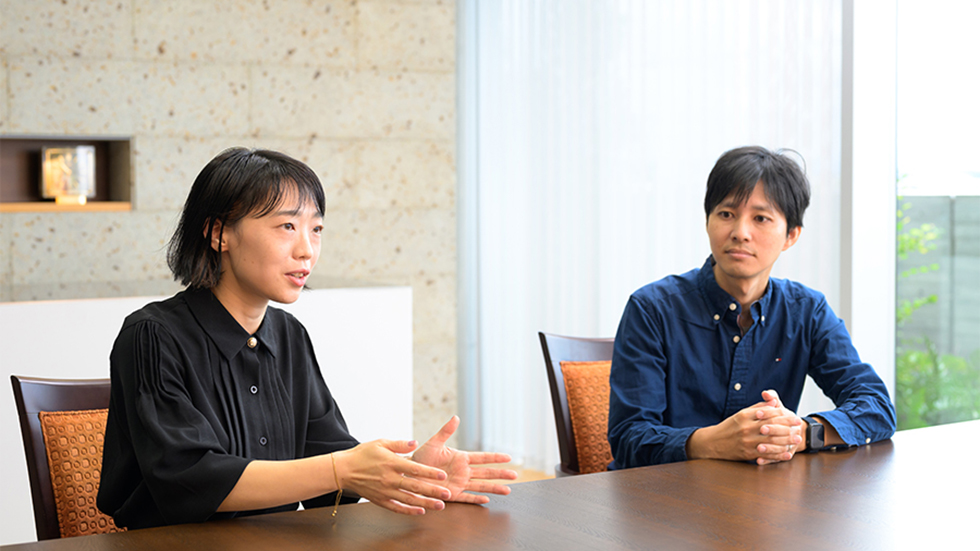
The activities mentioned in the article were conducted in Japan under the relevant laws and regulations of Japan.
